Bihar witnessed a historic turnout in the first phase of its assembly elections, with nearly 65 percent of 3.75 crore registered voters casting their ballots across 121 constituencies. The Election Commission reported that polling concluded peacefully in an atmosphere described as festive, marking the highest participation ever recorded in the state’s electoral history.
The contest marks the beginning of a closely followed political battle between the ruling National Democratic Alliance and the opposition INDIA bloc. The NDA, which has governed Bihar for nearly two decades with brief breaks, is seeking to retain power on the back of its reputation for good governance and recent welfare initiatives. On the other hand, the RJD-led opposition is banking on anti-incumbency sentiments and the promise of employment for every household under its chief ministerial candidate Tejashwi Yadav.
The first phase assumes national importance as it not only determines local outcomes but also reflects the wider political sentiment ahead of the 2029 general elections. The polling followed the Election Commission’s controversial Special Intensive Revision of voter lists, which drew criticism from opposition parties alleging manipulation and irregularities.
The second and final phase of voting is scheduled for November 11, while results will be declared on November 14. Prominent leaders such as Tejashwi Yadav, Deputy Chief Ministers Samrat Choudhary and Vijay Kumar Sinha, and several ministers are among the 1,314 candidates contesting in this phase.
Isolated incidents of violence were reported, including an alleged attack on Sinha’s vehicle, though overall voting remained peaceful. Prime Minister Narendra Modi highlighted the strong participation of women voters as a sign of support for the NDA, stating that women have suffered most during previous regimes and now stand as protectors against a return to misrule.
The NDA hopes that Chief Minister Nitish Kumar’s record and welfare measures—such as 125 units of free electricity, financial aid to over one crore women, and enhanced pensions—will help counter anti-incumbency. The opposition, however, insists that Bihar needs change after two decades of NDA governance. RJD chief Lalu Prasad likened the situation to a roti that burns if not flipped, suggesting that the state needs new leadership under Tejashwi Yadav.
Both sides traded accusations during polling, with the RJD alleging that voting was deliberately slowed in opposition strongholds, a charge dismissed by the Election Commission. Meanwhile, Sinha claimed that RJD workers attempted to intimidate voters from backward communities.
Adding an unpredictable element to the race is Prashant Kishor’s Jan Suraaj Party. The former election strategist has drawn attention with promises of transforming Bihar into one of the leading states in India and a bold pledge to repeal the prohibition law, which he argues has hurt the state’s economy.
As the campaign intensifies, caste and community loyalties remain crucial in determining outcomes. Voters from Yadav, Kurmi, Kushwaha, Brahmin, and Dalit communities continue to hold significant influence in key constituencies, making the next phase of voting decisive for Bihar’s political future.

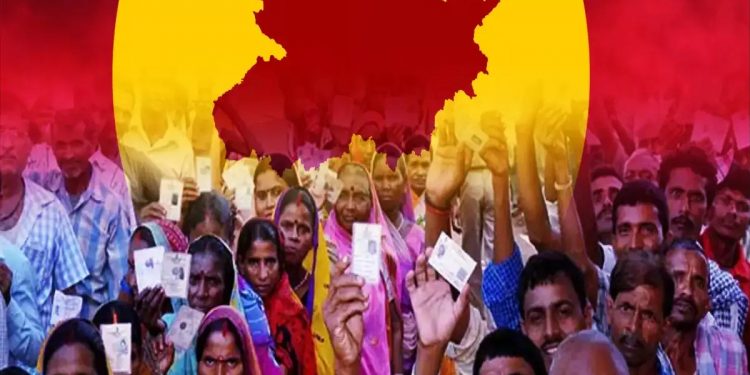
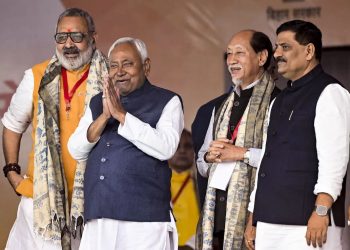
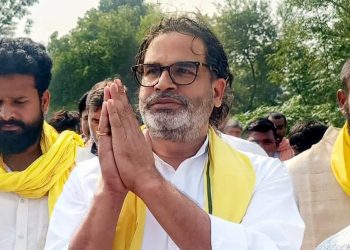
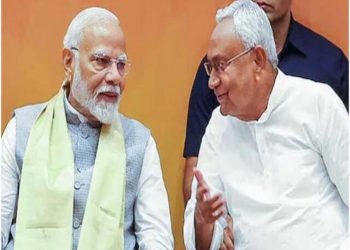
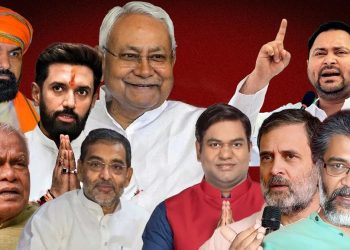
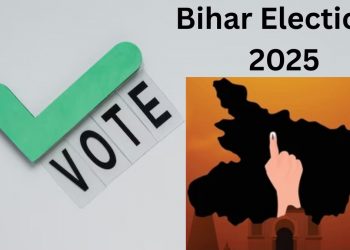
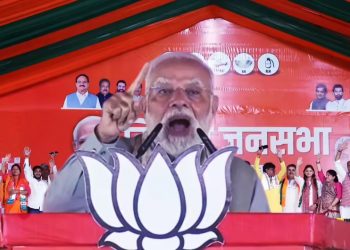
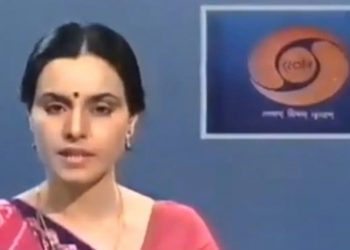
Discussion about this post